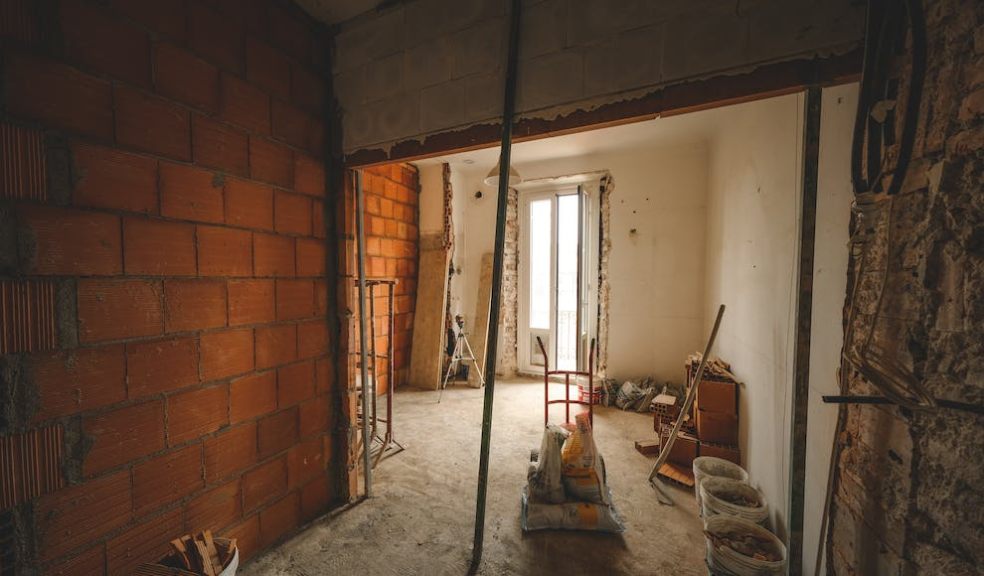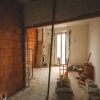
House Extension and Factors You Should Keep In Mind
Adding an extension is one of the best home improvements you can do. However, many homeowners who wish to expand their homes are unfamiliar with building, architecture, or property design, even though some may be fortunate enough to possess insider knowledge in these fields. Without sound guidance, it can be simple to overlook something, make a mistake, or wind up spending much more than you had planned. Here are a few pertinent pointers to get you started. Many questions arise during the planning and design of a house extension, especially in the initial phases of the project. We've therefore addressed some of the most common queries that arise throughout the planning process. Check the below pointers to get some essential house extension advice.
Type of house extension
Any structure added to the original building is simply referred to as a "house extension." This could be an addition to the living area, kitchen, loft, basement, or even a new bedroom. There are many different materials that can be used for extensions. From straightforward brick and block to more costly, opulent designs like ones that incorporate structural glass, anything can be used to amp up your space.
Do You Need Planning permission
The honest response is that it depends. But generally speaking, no, you won't require planning approval for your home addition. The majority of properties profit from "permitted development," which essentially allows you to expand the original structure without obtaining permission as long as you follow certain guidelines. Depending on the kind of property you own, these may include things like not going above the height of the roof and having restrictions on how far your extension can protrude outside. Here is the comprehensive list of permitted development requirements, as well as a helpful quick start guide.
Do you need to inform neighbors?
Legally speaking, you only need to notify your neighbor about your plans for an extension if the work you want to arrange will affect the boundary between your two properties. Generally speaking, though, alerting your neighbors to any planned construction is just polite behavior. It is only fair to give them the opportunity to prepare for the disruption that the noise of the construction work will likely cause to their lifestyle, if only temporarily. This is especially true if they have small children.
Will the house extension add value to the property?
The possibility of increasing a property's value when one decides to sell is one of the primary motivators for many people to choose to add on to it. Though this isn't always the case, it is typically the case that increasing a property's space raises its value. Speaking with a local estate agent is one of the best ways to determine whether extending your home will increase its value. They can provide you with information about the popular renovations in the neighborhood and a ballpark estimate of the average ceiling value of homes on your street. If your house is already close to this, you could "overextend," meaning that even with several additional additions, the value of your property will be capped. It's also important to remember that the possible financial gain from extending a property varies with changes in the housing market. Even though house extensions might not be financially feasible right now, it might add a lot of value later on.
For more information please visit Bromley North Construction.

















